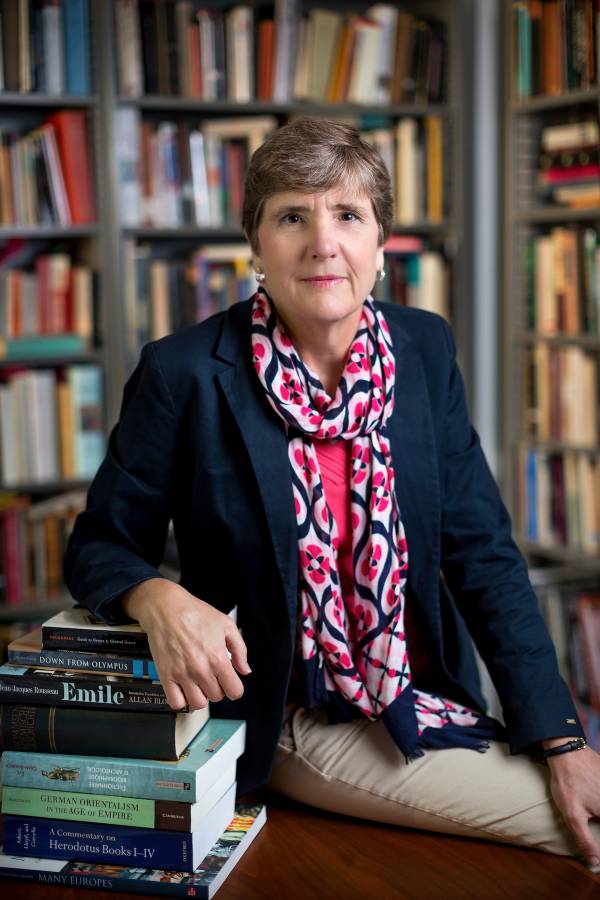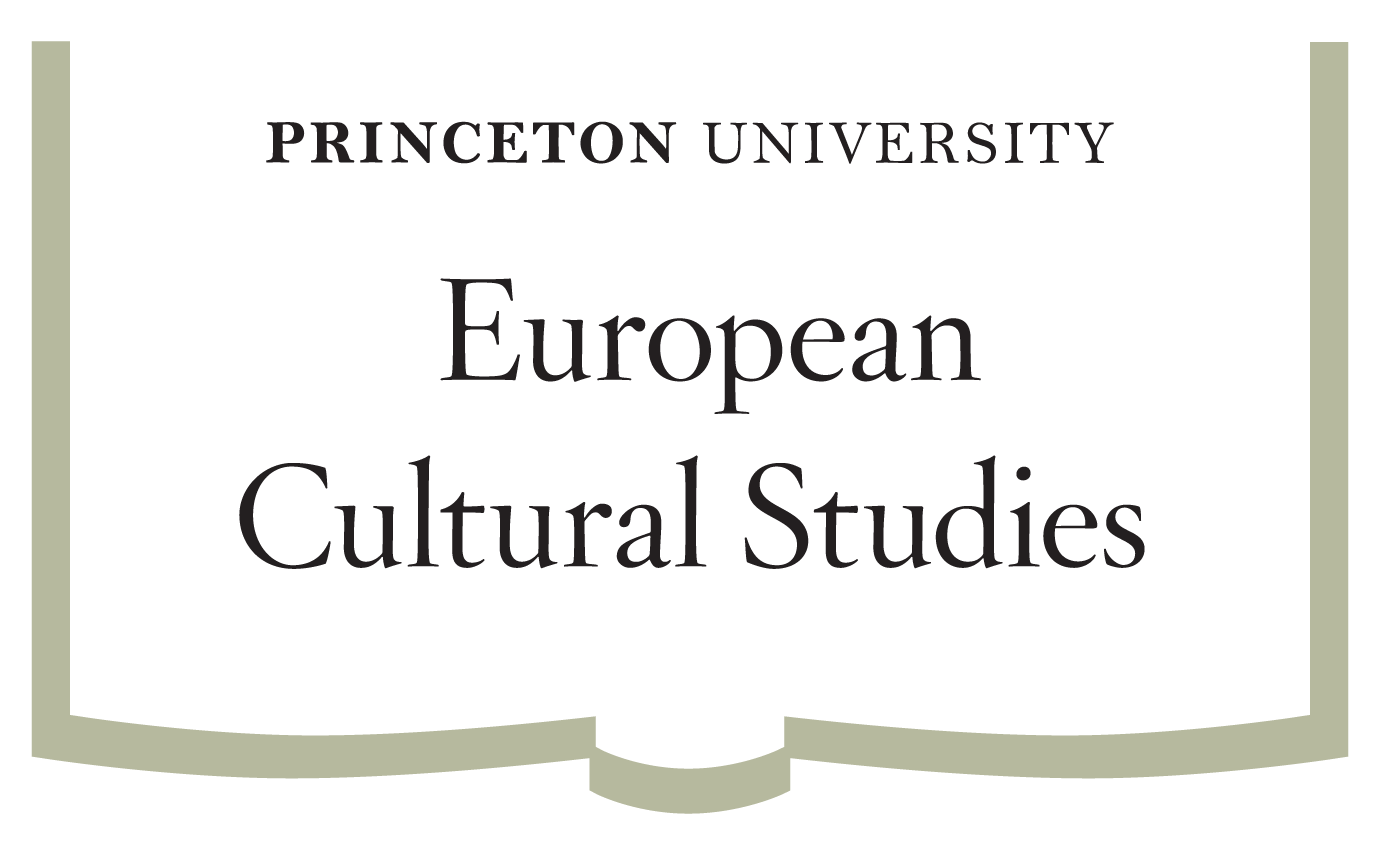
The Porcelain Industry Confronts the Vulgar Question of Money: Towards a New Prehistory of Industrialization in the German States, 1780-1840
Program in European Cultural Studies; Eberhard L. Faber 1915 Memorial Fund in the Humanities Council Suzanne Marchand
March 2, 2021 · 4:30 pm—6:00 pm · virtual

Please join ECS on March 2 at 4:30pm for the annual ECS Faber Lecture with Suzanne Marchand (Louisiana State University) as she presents “The Porcelain Industry Confronts the Vulgar Question of Money: Towards a New Prehistory of Industrialization in the German States, 1780-1840”.
Registration is required. Please register at http://bit.ly/2021march2 to receive the Zoom instructions, and be sure to add this event to your calendar.
In the mid-eighteenth century, numerous German princes established porcelain manufactories, most importantly for the purposes of prestige, and to prevent the enrichment of Dutch merchants, East Asian producers, and fellow princes. By the 1780s, however, these manufactories’ calls on the princely purse become problematic as rulers contemplated other means to enrich their domains and officials tightened budgetary screws. As cost and efficiency became crucial issues, manufactories overwhelmingly turned to labor discipline and chemistry—much cheaper than machines—to improve sales, and pleasing non-aristocratic customers quite suddenly became an industry objective. Accelerated by the intrusion of cheap and fashionable English stoneware and the disruptions of the Revolution and Napoleonic Wars, an important mercantile luxury good was rapidly, if not entirely, transformed into a marketable middle-class commodity. This paper seeks to illuminate aspects of the understudied era we commonly call ‘proto-industrialization’ by examining the making and selling of semi-luxurious commodities (glass, wallpaper, silverware, fake jewelry, as well as porcelain) rather than by focusing on the more commonly studied textile and steel industries, and it hopes to show how much late absolutist fiscal and chemical discipline contributed to the opening of a new world of ‘bourgeois’ production and consumption.
Sponsored by the Program in European Cultural Studies, Princeton University.
Supported by the Eberhard L. Faber 1915 Memorial Fund in the Humanities Council.
To be added to the ECS email list or for any questions please contact: Sarah Porter.












